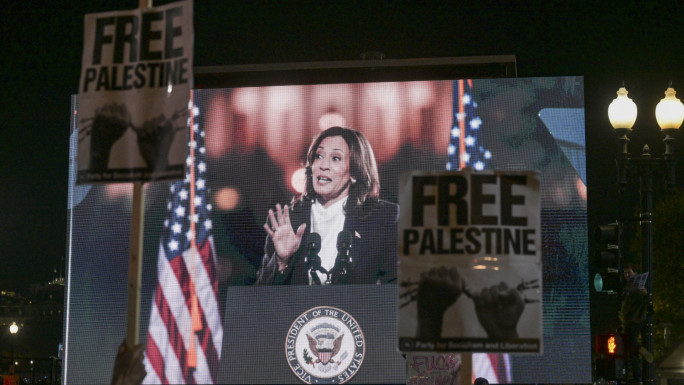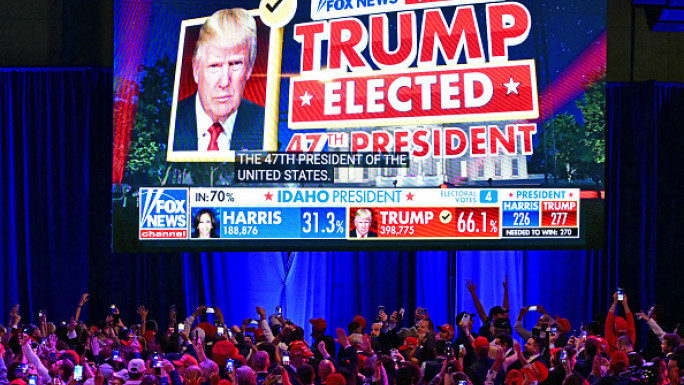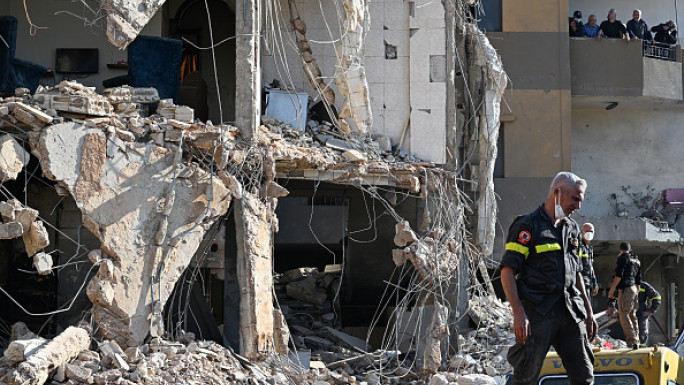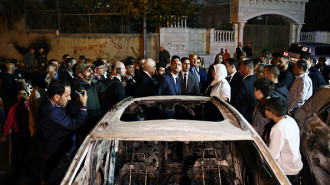Iraq's PM Abadi to represent 'diverse coalition' against Nouri al-Maliki in election
Haider al-Abadi, who comes from Iraq's Shia majority, assumed office in 2014, weeks after IS stormed across northern and central Iraq.
Since then, Iraqi forces - backed by a US-led coalition - have gradually retaken all the territory once held by the Sunni extremists.
In a statement late on Saturday, Abadi said his Victory Alliance will "boost the country;s integrity and national sovereignty, correct mistakes and achieve justice and equality for all Iraqis".
He said the "miracle of victory and unity must lead to a new and brighter era".
The statement did not provide details about the composition of the list.
Abadi's main challenger is expected to be Nouri al-Maliki, who served as prime minister for eight years before stepping aside in 2014 for Abadi.
Maliki, who currently serves as one of three vice presidents, was widely accused of pursuing sectarian policies that alienated the country's Sunni minority.
It led many Sunnis in northern Iraq to initially welcome IS as liberators.
Both Maliki and Abadi are members of the Shia Islamist Dawa party.
Maliki said on Saturday he would run separately at the head of his State of Law list. The Dawa party has said its supporters can choose between the two.
Iraq's cabinet has proposed elections for 12 May, a date that awaits final parliamentary approval.
Sunni leaders have called for the vote to be delayed in order to allow the more than 3 million people displaced by the fighting to return to their homes. Abadi's government has insisted the elections be held on time.
The UN mission to Iraq said the election commission faces "significant challenges" but would be able to "deliver a timely, fair and transparent national election".





 Follow the Middle East's top stories in English at The New Arab on Google News
Follow the Middle East's top stories in English at The New Arab on Google News

![French Foreign Minister Jean-Noel Barrot [Getty]](/sites/default/files/styles/image_330x185/public/2182722851.jpeg?h=a5f2f23a&itok=UD_yRfLZ)
